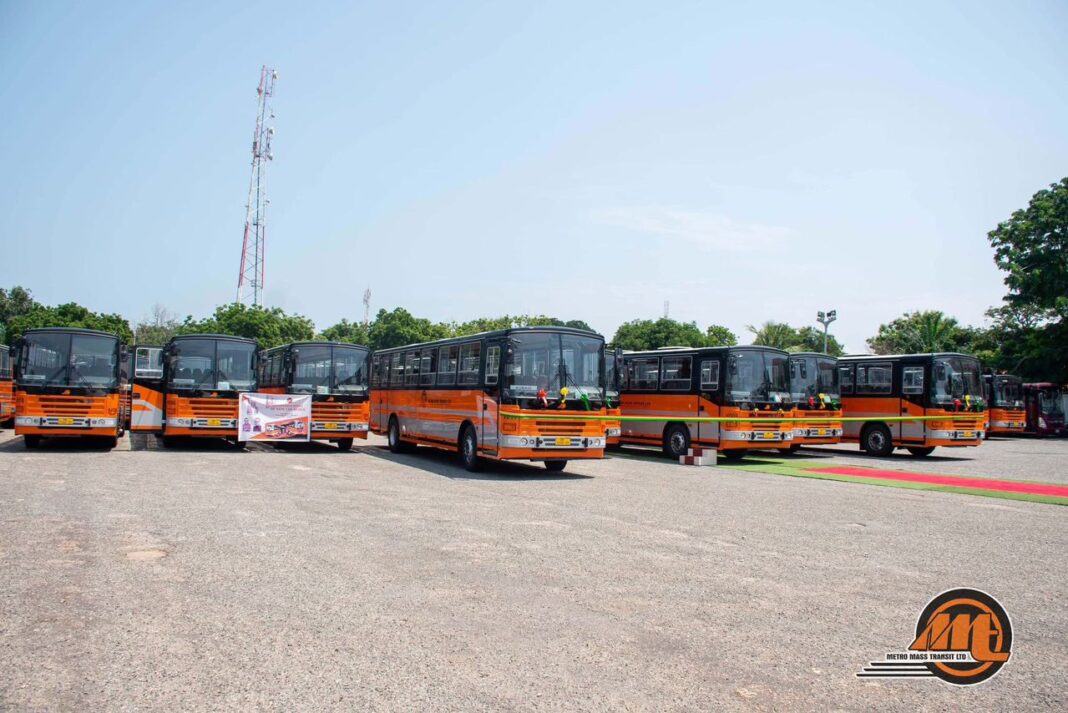Metro Mass Transit Limited (MMTL), founded in 2003 as a partnership between the government and private investors, was created to offer affordable and reliable public transportation across Ghana. Over the years, it has become essential to the daily lives of many, running more than 600 buses on over 600 routes and serving over half a million passengers every day. But the recent news that Metro Mass is struggling with a huge debt of GHC125 million is a heavy blow not just to the company, but to the millions of commuters who depend on it to get to work, school, and other vital places.
For many Ghanaians, public transport is more than just a convenience, it’s a necessity. When a service like Metro Mass faces financial troubles, it means longer waiting times, overcrowded buses, and potentially higher fares. These challenges hit the poorest hardest, as they have fewer alternatives and tight budgets. The mounting debt reflects deeper problems: many buses are out of service because of a lack of spare parts and proper maintenance, causing a loss in revenue and making it harder for the company to function effectively. This cycle leaves commuters stuck in the middle, struggling to get around while facing unreliable transport.
The troubles of Metro Mass mirror wider challenges in Ghana’s public sector. Limited government support, poor infrastructure, and management issues have also contributed to the company’s ongoing difficulties. This has created a vicious circle of debt and declining service quality, undermining the trust that Ghanaians place in their public transport system. For everyday commuters, it means navigating a daily reality filled with frustration and uncertainty, with few options other than to endure overcrowded and unreliable vehicles.
Though Metro Mass has started trying to improve by introducing electric buses and new ticketing technology, these changes alone are not enough. Without serious efforts to fix the root causes like securing steady funding, better management, and investment in infrastructure, this vital service will continue to struggle. And for the countless Ghanaians who rely on it, the future looks uncertain, with the burden of getting around becoming heavier by the day.
Trending Now




